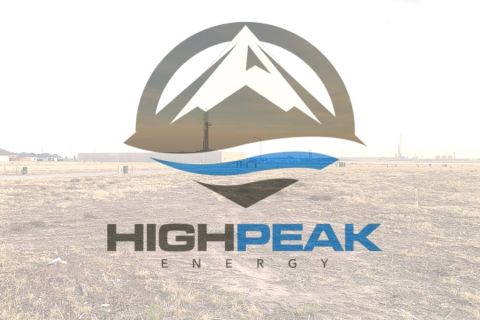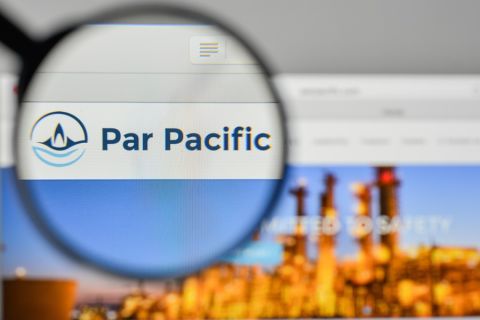The American Petroleum Institute (API) has published the 5th Edition of API Recommended Practice (RP) 751 to assist refinery operators in implementing maintenance, integrity management and other safety programs for hydrofluoric (HF) acid alkylation units.
HF units are key refinery assets used in the production of cleaner transportation fuels required to meet today’s more stringent environmental standards. To this end, RP 751 assists refinery operators in addressing planning, operations, technology integration and mitigation practices associated with HF units. The U.S. Occupational Safety and Health Administration (OSHA) has included RP 751, 4th Edition, under its recognized and generally accepted good engineering practices (RAGAGEP) requirements.
In addition to its use in the U.S., RP 751 is the industry’s premier standard for operating HF units internationally. Its global reach has made it an important part of any HF operator’s safety protocols and environmental protection practices, enhancing safety for refinery workers, as well as protecting the environment the communities that host these facilities. The RP also contains references to documents from the American National Standards Institute (ANSI), the American Society of Mechanical Engineers (ASME), and the Association for Materials Protection and Performance (AMPP).
The 5th Edition includes various technical changes to reflect advancements in technology and practices associated with operating HF units, including:
- Expansion of the “Materials Integrity” section to include additional guidance and information on the materials, design, fabrication, repair, inspection and maintenance required to enhance safe operations, including requirements for implementing Integrity Operating Windows (IOWs), Corrosion Zones and a Materials Verification Program for HF units. The expanded section demonstrates industry’s continuing efforts to improve industry safety and sustainability of operations.
- New and informative annexes like Process Hazard Analysis (PHA), Facility Siting, Leak Management and Tracking, Inspections and Safety Interlocks for Liquefied Petroleum Gas (LPG) Treater Systems.
- Enhanced guidance on safety protocols for emergency shelters, including Safe Havens and Shelter-in-Place procedures. The 5th Edition describes design features of a Safe Haven, including pressurization, door airlocks, scrubbing systems, alarms, as well as equipment and materials to be maintained inside the Safe Haven.
RP 751 is also used by API’s Process Safety Site Assessment Program (PSSAP®) to assess HF units at refineries. The PSSAP program is employed around the world to conduct process safety site assessments, evaluating the effectiveness of an operator’s safety programs in the field. During a PSSAP assessment, teams of independent process safety experts assess individual sites using industry-created good-practice protocols based on RP 751, and provide safety benchmarks for each site to further a culture of safety and information sharing around these processes. PSSAP will update its assessment protocols to align with the new edition of RP 751.
API will be hosting a webinar series to cover the changes to RP 751 including the drivers for change, significant updates and impacts on PSSAP.
For more information on RP 751, 5th Edition, please visit our website.
Recommended Reading
PHX Minerals’ Borrowing Base Reaffirmed
2024-04-19 - PHX Minerals said the company’s credit facility was extended through Sept. 1, 2028.
HighPeak Energy Authorizes First Share Buyback Since Founding
2024-02-06 - Along with a $75 million share repurchase program, Midland Basin operator HighPeak Energy’s board also increased its quarterly dividend.
Par Pacific Asset-based Revolving Credit Bumped Up by 55%
2024-03-25 - The amendment increases Par Pacific Holdings’ existing asset-based revolving credit facility to $1.4 billion from $900 million.
CorEnergy Infrastructure to Reorganize in Pre-packaged Bankruptcy
2024-02-26 - CorEnergy, coming off a January sale of its MoGas and Omega pipeline and gathering systems, filed for bankruptcy protect after reaching an agreement with most of its debtors.
Baytex Prices Upsized Private Placement of Senior Notes
2024-03-15 - Baytex intends to use the proceeds to pay a portion of outstanding debt on its credit facilities and general corporate purposes.





